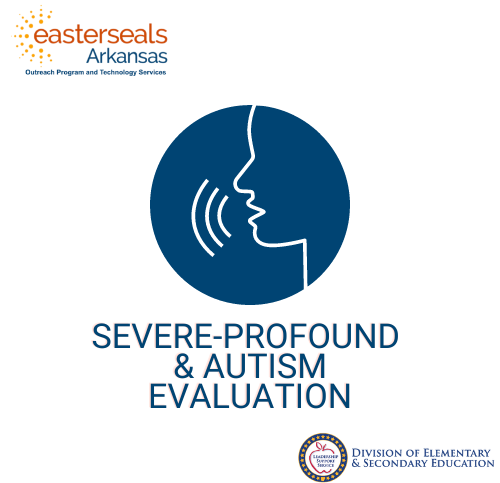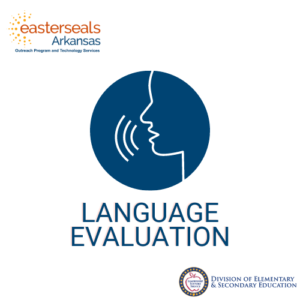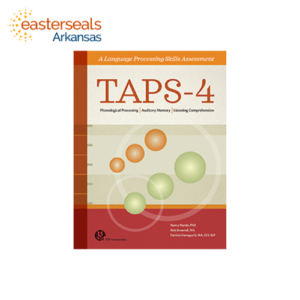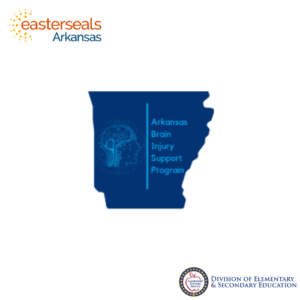This item is loaned by the Department of Elementary & Secondary Education (DESE). You will not be charged for shipping upon confirming your order; DESE ships the items to you for free. However, you will be responsible for the cost of returning the loan item(s) to DESE.
Social Responsiveness Scale (2012) SPA-9
Free
Description
**Disclaimer: Update Available**
The SRS measures the severity of social impairment associated with autism spectrum disorders. Distinguishes autism spectrum conditions from other child psychiatric conditions by identifying presence and extent of autistic social impairment. This 65-item rating scale measures the severity of autism spectrum symptoms as they occur in natural social settings. Completed by a parent or teacher in just 15 to 20 minutes, the SRS provides a clear picture of a child’s social impairments, assessing social awareness, social information processing, capacity for reciprocal social communication, social anxiety/avoidance, and autistic preoccupations and traits. It is appropriate for use with children from 4 to 18 years of age. Sensitive and reliable across a wide range of symptom severity, the SRS can be used as a screener in clinical or educational settings, an aid to clinical diagnosis, or a measure of response to intervention. SRS scores are particularly helpful in identifying Autism, Asperger’s Disorder, Pervasive Developmental Disorder Not Otherwise Specified (PDD-NOS), and Schizoid Personality Disorder of Childhood. The SRS provides a quantitative score for autistic social impairment that allows comparisons across settings and against norms established with different raters. Mental health professionals who make diagnostic or screening decisions can use the score to achieve consensus about where a given child falls within the range of impairment encompassed by autism spectrum conditions. In addition to a Total Score reflecting severity of social deficits in the autism spectrum, the SRS generates scores for five Treatment Subscales: Receptive, Cognitive, Expressive, and Motivational aspects of social behavior, as well as Autistic Preoccupations. Standardization is based on a sample of more than 1,600 children (4 through 18 years of age) from the general population. The brevity of the SRS makes it highly useful for screening, special education, and clinical applications. 4-18 years Norm-Referenced Constantino WPS Publishing




